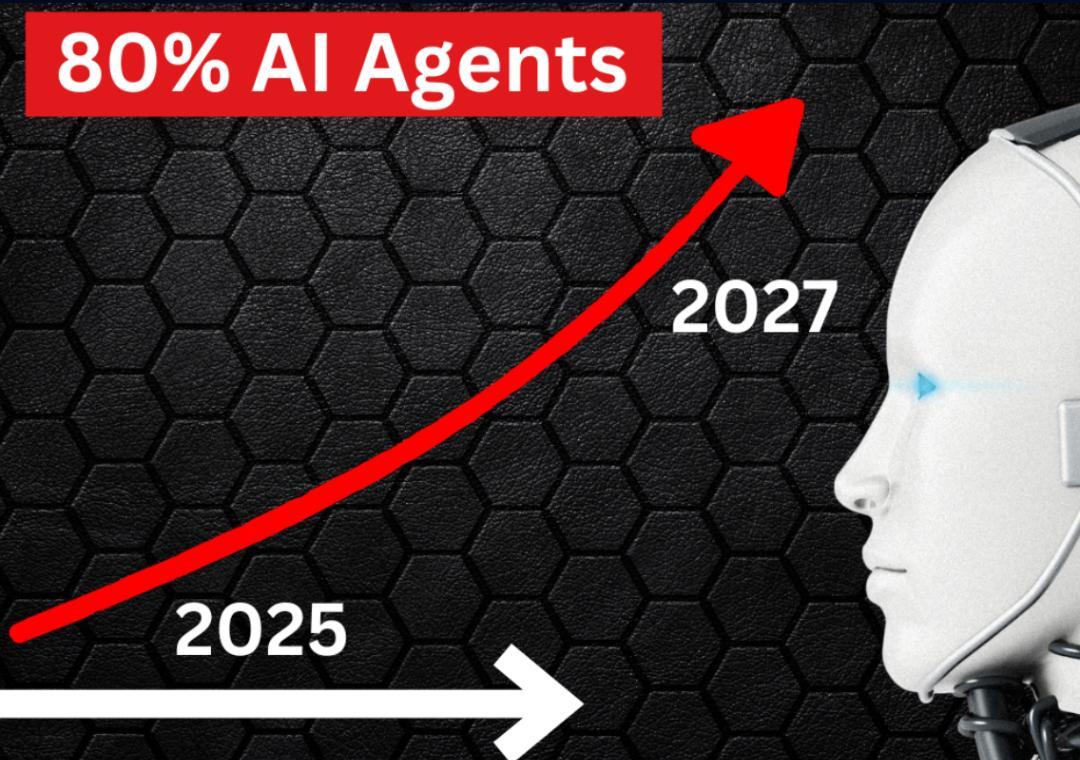
80% of Analysts’ Time Can Be Automated Now
The role of an analyst has evolved significantly over the years. Gone are the days of manual data collection, spreadsheet manipulation, and presentation creation. Today, analysts are expected to provide data-driven insights that inform business decisions, drive growth, and stay ahead of the competition. However, the reality is that many analysts still spend a substantial amount of their time on mundane, repetitive tasks that do not add value to their organization.
According to a recent study, up to 80% of analysts’ time can be automated. This is where Deep Data Copilot comes in – a revolutionary new tool that automates reporting tasks, interprets metrics, flags anomalies, and suggests next steps. In this blog post, we’ll explore the benefits of automation in data analysis and how Deep Data Copilot can free up analysts to focus on high-impact, creative strategy.
The Burden of Manual Reporting
Manual data collection and reporting are time-consuming and error-prone. Analysts spend hours gathering data from multiple sources, cleaning and formatting it, and creating reports. This process is not only tedious but also prone to errors, which can lead to inaccurate insights and poor decision-making.
In addition to the time spent on manual reporting, analysts also need to spend time interpreting the data, identifying trends and patterns, and making recommendations to stakeholders. This process can be complex and requires a deep understanding of data analysis, statistics, and business acumen.
The Benefits of Automation
Automation can bring numerous benefits to analysts and their organizations. By automating reporting tasks, analysts can:
- Free up time: Automation can free up analysts from mundane tasks, allowing them to focus on higher-level tasks such as data analysis, interpretation, and strategy development.
- Reduce errors: Automation reduces the risk of human error, ensuring that data is accurate and reliable.
- Improve speed: Automation can speed up the reporting process, providing stakeholders with timely and relevant insights.
- Enhance collaboration: Automation can facilitate collaboration among team members by providing a single, unified view of data and insights.
Deep Data Copilot: A Game-Changer for Analysts
Deep Data Copilot is a cutting-edge tool that automates up to 80% of analysts’ reporting tasks. This innovative solution interprets metrics, flags anomalies, and suggests next steps, freeing up analysts to focus on high-impact, creative strategy.
Deep Data Copilot uses machine learning algorithms to analyze large datasets, identify trends and patterns, and provide insights that inform business decisions. The tool can be integrated with multiple data sources, including marketing automation platforms, CRM systems, and social media analytics tools.
How Deep Data Copilot Works
Deep Data Copilot uses a three-step process to automate reporting tasks:
- Data Integration: The tool integrates with multiple data sources, gathering data in real-time.
- Data Analysis: The tool analyzes the data, identifying trends, patterns, and anomalies.
- Insight Generation: The tool generates insights and suggestions, providing analysts with actionable recommendations.
Case Study: How Deep Data Copilot Impacted a Marketing Team
A leading e-commerce company was struggling to analyze its marketing data, which was scattered across multiple platforms. The company’s marketing team spent hours gathering data, creating reports, and making recommendations to stakeholders. The team was overwhelmed by the volume of data and struggled to provide timely insights to the business.
Using Deep Data Copilot, the marketing team was able to automate up to 80% of its reporting tasks. The tool integrated with multiple data sources, analyzed the data, and generated insights and recommendations. As a result, the team was able to:
- Free up time: The team was able to focus on higher-level tasks, such as strategy development and campaign optimization.
- Improve speed: The team was able to provide stakeholders with timely and relevant insights, improving the speed and accuracy of decision-making.
- Enhance collaboration: The team was able to collaborate more effectively, using a single, unified view of data and insights to inform business decisions.
Conclusion
The role of an analyst is evolving, and automation is playing a critical role in this evolution. Deep Data Copilot is a game-changing tool that automates up to 80% of analysts’ reporting tasks, freeing up teams to focus on high-impact, creative strategy.
By automating reporting tasks, analysts can reduce errors, improve speed, and enhance collaboration. Deep Data Copilot is a powerful tool that can help analysts and their organizations stay ahead of the competition and drive growth.
Source:






